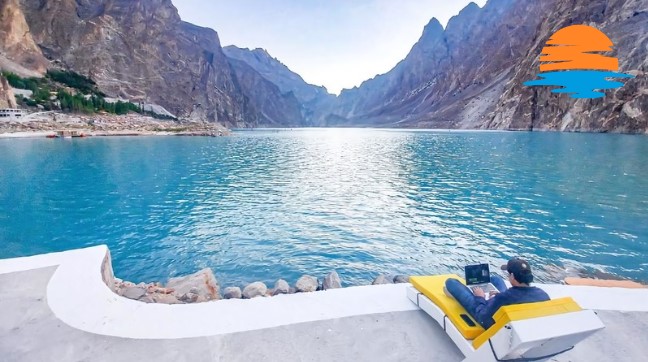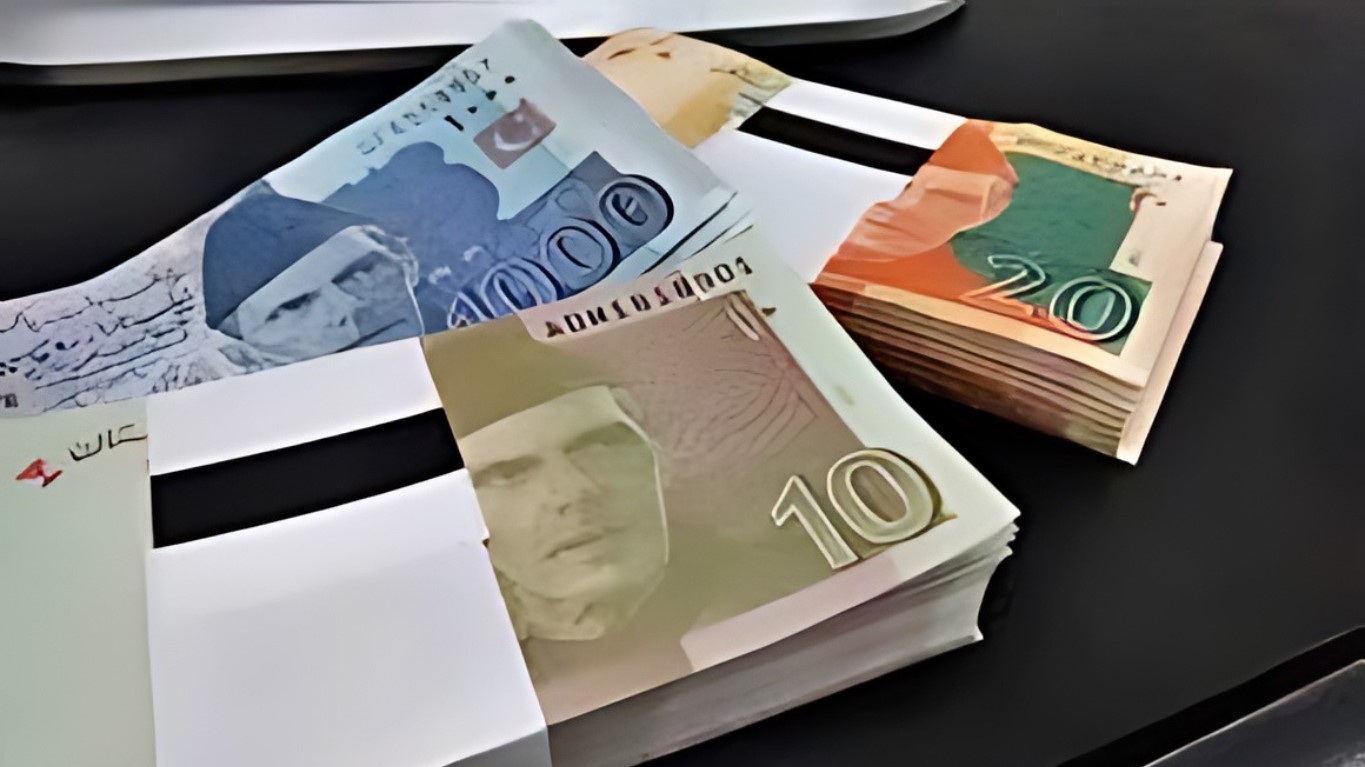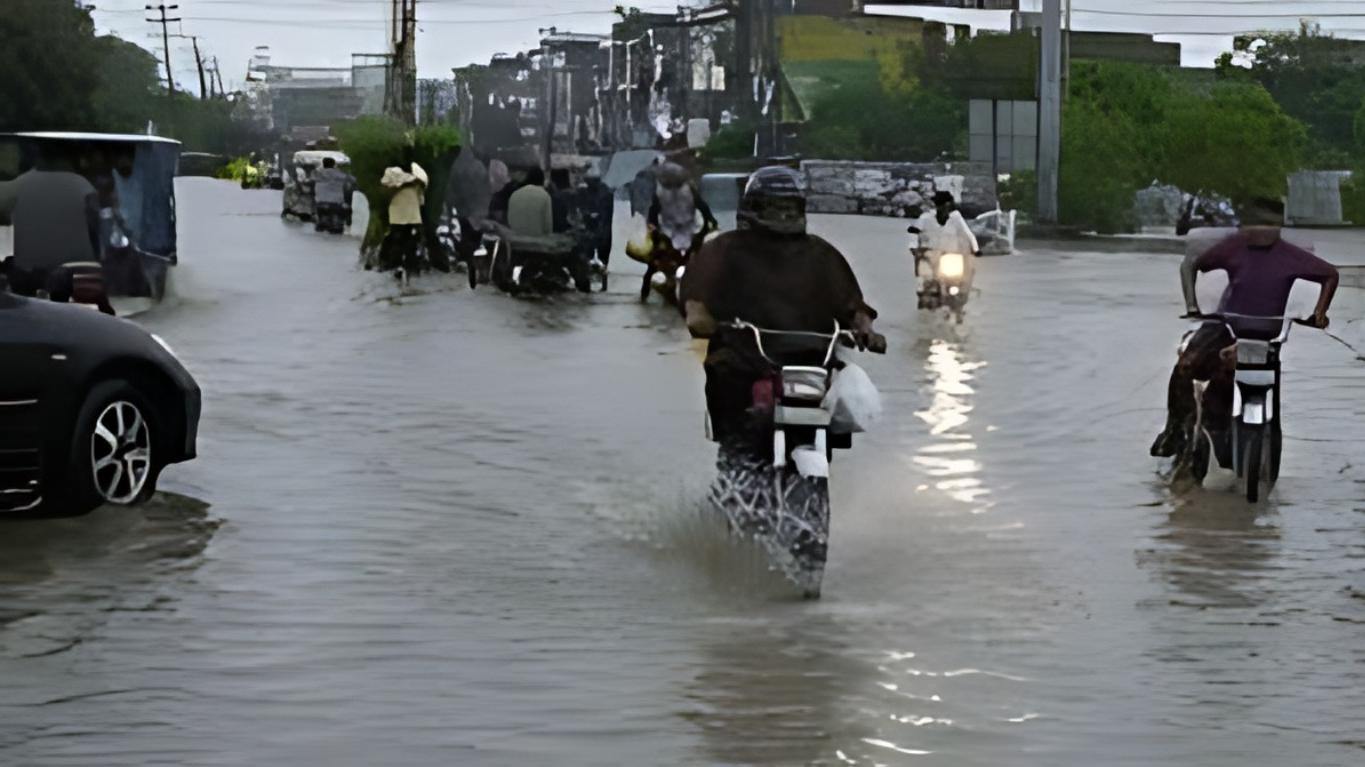The government is seeking assistance from the World Bank to handle the mounting burden of capacity payments in response to the surge in solar power generation in the country.
The private sector’s adoption of solar panels has surged to a significant capacity of 6,800 megawatts (MW), with more individuals opting for off-grid solutions by installing solar panels on their rooftops.
Through net metering, citizens have already achieved self-generation of 3,000 MW via solarization. A delegation from the World Bank, led by Martin Raiser, the South Asia Regional Vice President, held discussions with top officials from the Energy Ministry (Power and Petroleum Divisions) on Monday.
Minister for Petroleum, Dr. Musadik Malik, and Minister for Power, Awais Leghari, led their respective teams in the meeting with the World Bank, focusing on ongoing energy reforms and governmental initiatives to enhance both petroleum and power sectors.
An official present at the meeting revealed, “The adoption of solar energy by consumers has led to an increase in capacity payments, totaling Rs2.2 trillion. Consequently, the burden has risen by Rs1.90 per unit for those who haven’t adopted solar power.” However, the World Bank expressed its inability to provide an immediate solution to address the escalating capacity payments due to consumer solarization.
Furthermore, the World Bank has proposed a $15 million portfolio for technical support in documentation, consultant arrangement, and due diligence for both low and high loss-making electric power distribution companies (DISCOs).
The Shehbaz government has decided to privatize all DISCOs in Punjab, including MEPCO, LESCO, GEPCO, FESCO, and IESCO, and transfer high loss-making DISCOs like HESCO, SEPCO, PESCO, and QUSCO to private management through long-term concessions. The government seeks technical assistance from the World Bank for this purpose.
Both sides exchanged ideas on reform agendas and discussed the technical assistance provided by the World Bank to Pakistan.
Expressing gratitude, Minister Malik emphasized the significant support provided by the World Bank for energy sector reforms, particularly in governance models. Minister Leghari highlighted the collaboration’s importance in enhancing efficiency and service delivery within the power sector, emphasizing the need for cooperation in DISCOs privatization.
Martin emphasized energy’s pivotal role and assured full support for structural reforms towards a low-cost energy mix, highlighting the essential link between the gas and power sectors in addressing circular debt.
My Opinion:
In my view, collaboration with international organizations like the World Bank is crucial for addressing complex challenges in our energy sector. The surge in solar power generation presents opportunities but also demands innovative solutions to manage its impact effectively. The government’s initiative to seek assistance demonstrates proactive efforts towards sustainable energy development. However, it’s essential to ensure that reforms prioritize the welfare of all stakeholders and promote inclusive growth.




